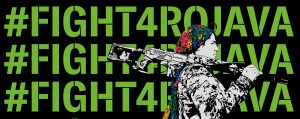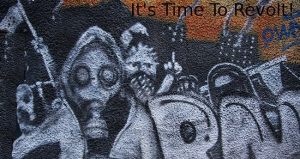via: 325
There is a group of prisoners who although imprisoned for non-political offences subsequently become politicised or radicalised whilst in jail, and in both the USA and Britain this is a phenomenon that has become increasingly widespread.
In the USA during the 1960s and 70s the radicalisation of ordinary black prisoners, in particular, was fostered by the centrality of imprisonment in the experience of black activists and revolutionaries like Malcolm X (who described prisons as “universities of revolution”), Eldridge Cleaver, George Jackson, H Rap Brown, Angela Davis and others. George Jackson described his own politicisation succinctly: “I met Marx, Lenin, Trotsky, Engels, and Mao when I entered prison and they redeemed me”.
Thus those whom W.E.B. Dubois described as an “army of the wronged” increasingly defined themselves as political prisoners who were the products of an oppressive political-economic order. This belief underpinned the praxis of radical groups such as the Black Panthers and Symbionese Liberation Army, and prisons were seen as the epicentre of a broader social and political revolution. The call for recognition of radicalised prisoners claim to political status underpinned prisoners’ demands in a series of protests that punctuated the 1970s in U.S. Prisons such as Folsom, Soledad, San Quentin and, later, Attica.
The radicalisation of ordinary prisoners in both the UK and the USA was channeled through both identity politics and the prisoner union movement. In the UK such groups during the 1970s were highly active in organised protests and uprisings against oppressive prison conditions, particularly for long-term prisoners. The politicisation of ordinary prisoners who link their imprisonment to broader social and political inequality and oppression, and prison as the epicentre of their struggle, transforming them into proto-revolutionaries striking out against the capitalist state, is a spectre that terrifies those responsible for managing and enforcing prison repression. Continue reading
















